DOC NYC 2022 Women Directors: Meet Elwira Niewiera – “The Hamlet Syndrome”
Elwira Niewiera is a Polish director and screenwriter of documentary films such as “Domino Effect” and “The Prince and the Dybbuk.” In her artistic work, she focuses primarily on political, social, and cultural transformations in Eastern Europe. Niewiera has...
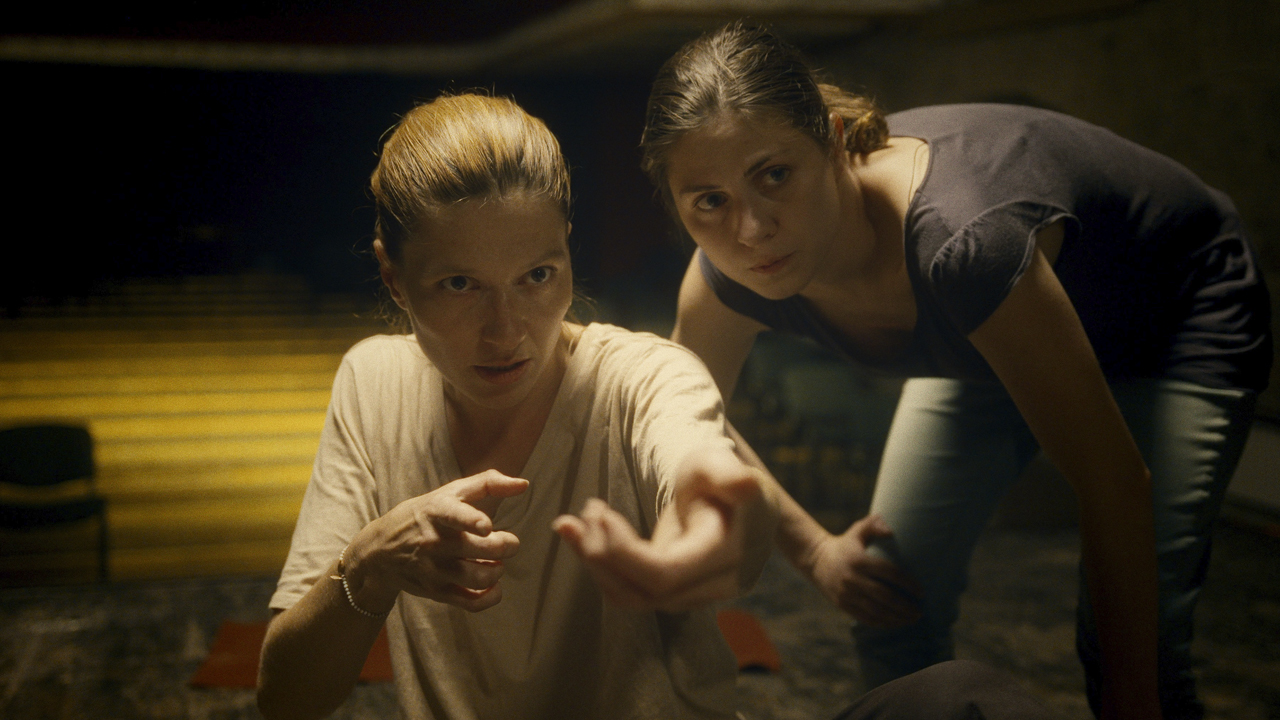
Elwira Niewiera is a Polish director and screenwriter of documentary films such as “Domino Effect” and “The Prince and the Dybbuk.” In her artistic work, she focuses primarily on political, social, and cultural transformations in Eastern Europe. Niewiera has received many international awards for her work, including Best Documentary on Cinema at the 74th Venice Film Festival, Polish Film Academy Award for Best Documentary, Grand Prix Semaine de la critique at 75th Locarno Film Festival, Golden Dove at DOK Leipzig Film Festival, Young German Cinema Award 2019, and the Chicken & Egg Pictures Award 2021.
“The Hamlet Syndrome” (“Syndrom Hamleta”) is screening at the 2022 DOC NYC film festival, which is running from November 9-27.
W&H: Describe the film for us in your own words.
EN: A few months before the Russian invasion of Ukraine on February 24 this year, five young Ukrainians — Katya, Oksana, Slawik, Roman, and Rodion — were working on a theatrical performance based on the motifs of Shakespeare’s “Hamlet,” with which they were using to work through the traumas they sustained from their involvement in the Ukrainian War of 2014-2015. Katya, Slawik, and Roman fought in the battles and learned firsthand the horrors of war. Rodion is a refugee from the Donbas region and, as an LGBTQ+ person, fights against homophobia, while Oksana is a very well-known actress and feminist in her country.
The stage is transformed into a tribune from which they can air their grievances, share their personal experiences, and find neutral ground for personal reckoning. The motifs from “Hamlet” resonate with our protagonists here, who have been marked by war and the political situation of their country. In the film, we observe their process of returning to their own, and often difficult, lives.
When the war started in 2014, our protagonists were around 20 years of age. They went on to study international relations, acting, law, and theater directing. Then, suddenly, they were forced to confront issues and challenges that left them in hopeless situations. They became soldiers, paramedics, and refugees they never wanted to be.
W&H: What drew you to this story?
EN: I was interested in this generation, a unique generation because they were the first to be born into a free and independent Ukraine. Those young people initiated the Maidan revolution in 2013. After then-president Viktor Yanukovych refused to sign the association agreement with the European Union, students protested, which turned into a massive wave of demonstrations across the country and ended in a revolution. These young people experienced a political awakening in the course of their revolt. A few months later, when the war began in Eastern Ukraine, they became involved in the fight for their country and were forced to make tough choices, paying a high price for their commitment.
I wanted to show what it means to be in a war, the marks that war makes on people, and how hard it is to return to normality afterwards. My protagonists illustrate that it can take years to rebuild personal normality.
W&H: What do you want people to think about after they watch the film?
EN: I made this film to draw attention to the war that has been going on in the Ukraine since 2014. Although people have been dying and suffering for eight long years, hardly anyone in the world seems to care. The world forgot about it, ignored it, and moved on. When we finished editing the film in February this year, Russia invaded Ukraine and the full-scale war began. My protagonists, Katya, Slavik, and Roman, are in hell again, fighting for their country and for freedom.
Our film gives viewers front-row seats to the torture these young people are experiencing. Today, the film gives voice to what the nation is going through; we see how difficult it is to return to everyday life in the aftermath. This is true for millions of Ukrainians who have been scarred by war. But we are so used to images of war that they no longer move us. While there are hardly any war images in my film, the war makes its presence known just by the process of the protagonists as they attempt to overcome their war trauma.
W&H: What was the biggest challenge in making the film?
EN: All the events from our protagonists’ lives that interested us happened a few years earlier. We didn’t want to record just interviews with our protagonists [where] they [just] shared their experiences. The biggest challenge was to find a narrative thread on which the stories could be told. We decided to create a theatrical performance based on the motifs of “Hamlet,” in which the protagonists could address those traumatic events. The stage would be a safe space that allowed their memories and emotions free reign, a process in which our protagonists could undergo a deep reflection of their experiences while on stage.
The process of finding the protagonists took almost two years. We met about 80 young people who fought in volunteer battalions, organized humanitarian aid, or were forced to flee from the Donbas region. Many people we met were not emotionally ready for such a task. It took us a long time to find the right individuals, who had previously undergone therapy and so were capable of revisiting their war experiences on stage.
W&H: How did you get your film funded? Share some insights into how you got the film made.
EN: This project was challenging from the production side too as we had to secure financing for both the theatrical performance and the film’ production. Unfortunately, European film foundations felt the war in the Ukraine was no longer a relevant topic. Moreover, the idea of recording the theatrical rehearsal was too much of an undertaking for many film institutions.
The film eventually became a Polish-German co-production. The largest part of the money came from the Polish Film Institute. We also got financial support from the Polish-German Film Fund, Medienboard Berlin-Brandenburg, and German-French television Südwestrundfunk/ARTE, and CANAL+ Poland. In 2021, I was also granted the Chicken & Egg Pictures Award and the mentorship portion of the prize was a tremendous help in the process of making the film.
W&H: What inspired you to become a filmmaker?
EN: I had studied acting before I changed course to become a filmmaker. At some point, I felt I was at the crossroads between the hermetic realm of theater and the real world around me. I needed a different form of expression. So, I decided to take the step toward filmmaking.
My greatest champion and artistic mentor was Tamara Trampe, a respected and renowned German filmmaker of Ukrainian origin. She had a huge impact on the development of my film career because she taught me how to look, understand, and go beyond what the eye can see, how to uncover deeper meaning while focusing on the fate of an individual. It was also thanks to her support that I was able to win the trust of film institutions, which kicked my career off.
W&H: What’s the best and worst advice you’ve received?
EN: There is no best and worst advice for me – all advice can be interesting and might lead to something positive!
W&H: What advice do you have for other women directors?
EN: Make your work personal and striking. Listen to the opinions of others, but don’t lose your own “thread.” Find and follow your inner voice – it will lead you to tell the right story.
W&H: Name your favorite woman-directed film and why.
EN: I love the work of Susanne Bier, a Danish film director best known for “Brothers,” “After the Wedding,” and the Academy Award-winning “In a Better World.” Her films revolve around the subject of fate and the cruel consequences that even the tiniest mistakes can create. They show people in complex moral dilemmas and create a unique mix of helplessness and compassion in the audience.
W&H: What, if any, responsibilities do you think storytellers have to confront the tumult in the world, from the pandemic to the loss of abortion rights and systemic violence?
EN: I’m from Poland, and we have a war going on around the corner. When I started working on “The Hamlet Syndrome,” I felt a strong responsibility to speak up about the cruelties of war, especially because hardly anyone gave this conflict any interest.
Since the start of the invasion, I have been organizing transports with aid for our protagonists fighting in the Ukrainian army: protective vests, helmets, jeeps, drones, quad bikes, medicine for field hospitals, night vision devices, etc. The situation is devastating and without an end in sight because the West has perpetually avoided helping those that urgently need it. I feel a great responsibility, not as a storyteller, but as a filmmaker. I am only saying this so that you can imagine this war is being carried on the shoulders of many private individuals.
W&H: The film industry has a long history of underrepresenting people of color onscreen and behind the scenes and reinforcing – and creating – negative stereotypes. What actions do you think need to be taken to make Hollywood and/or the doc world more inclusive?
EN: We need to create room for more diverse perspectives in filmmaking. In comparison to the U.S., most filmmakers in Europe rely on state funding, and the situation is very complicated since state funding is interlinked with state politics. There are not many initiatives that support underrepresented people of diverse minorities. One of the few reasonable exceptions is the IDFA Bertha Fund that supports independent, critical, and artistic voices from Africa, Asia, and Latin America. I think that in Europe, we need to name the problem first so that we can make way for a new funding policy that is less nationalistic.

 Astrong
Astrong 







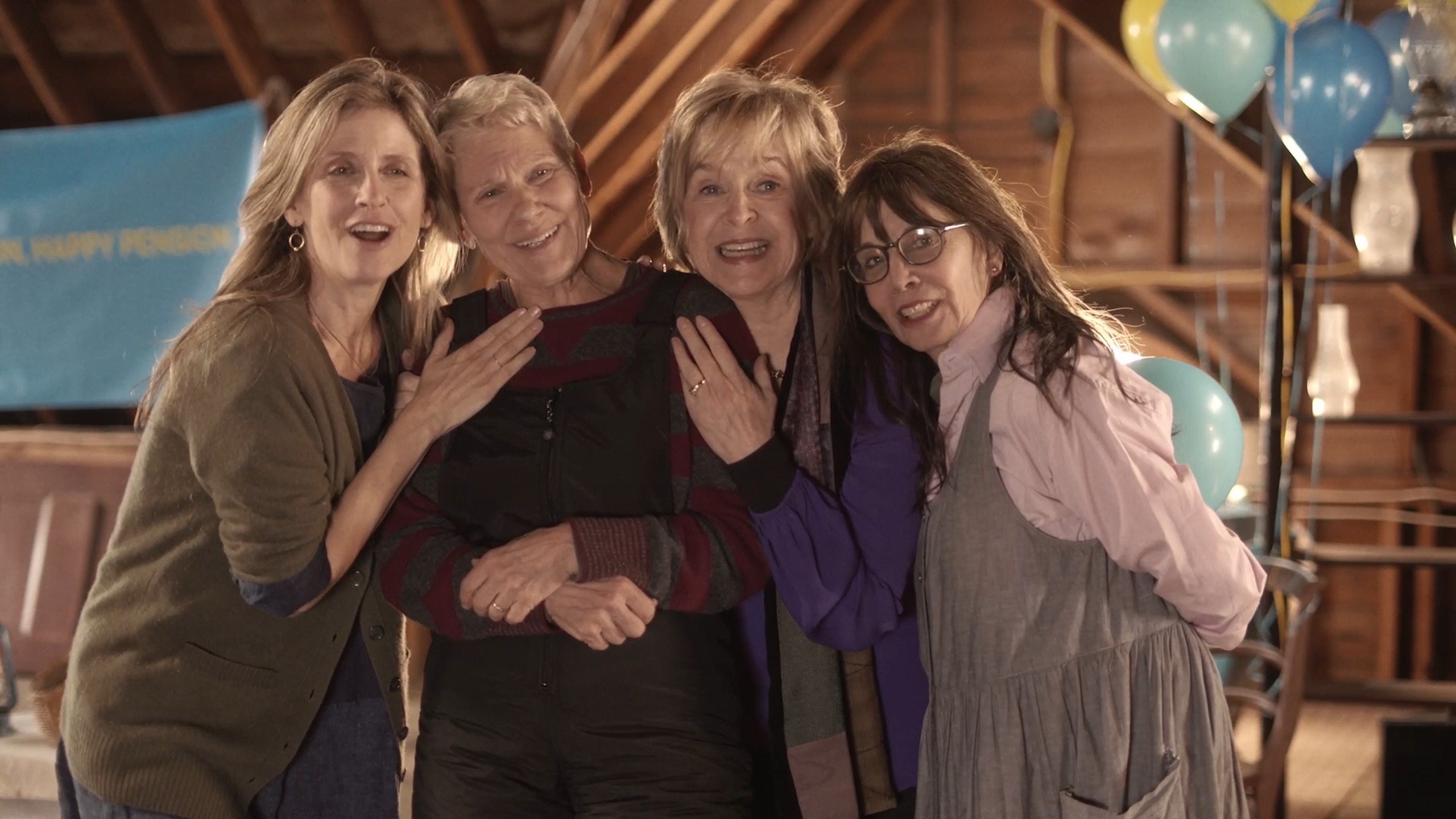
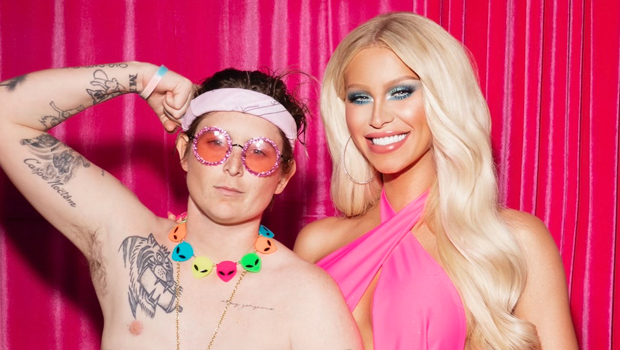
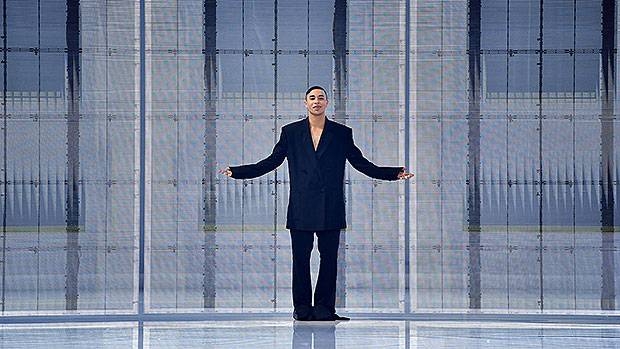

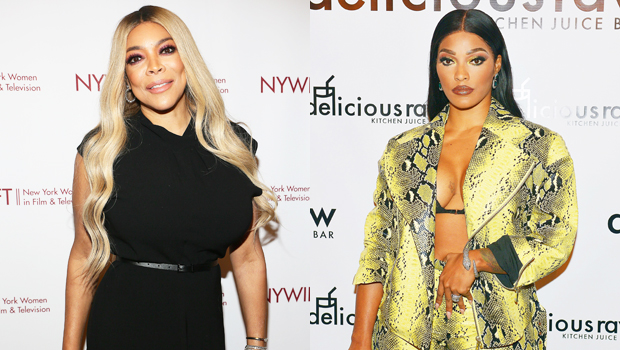
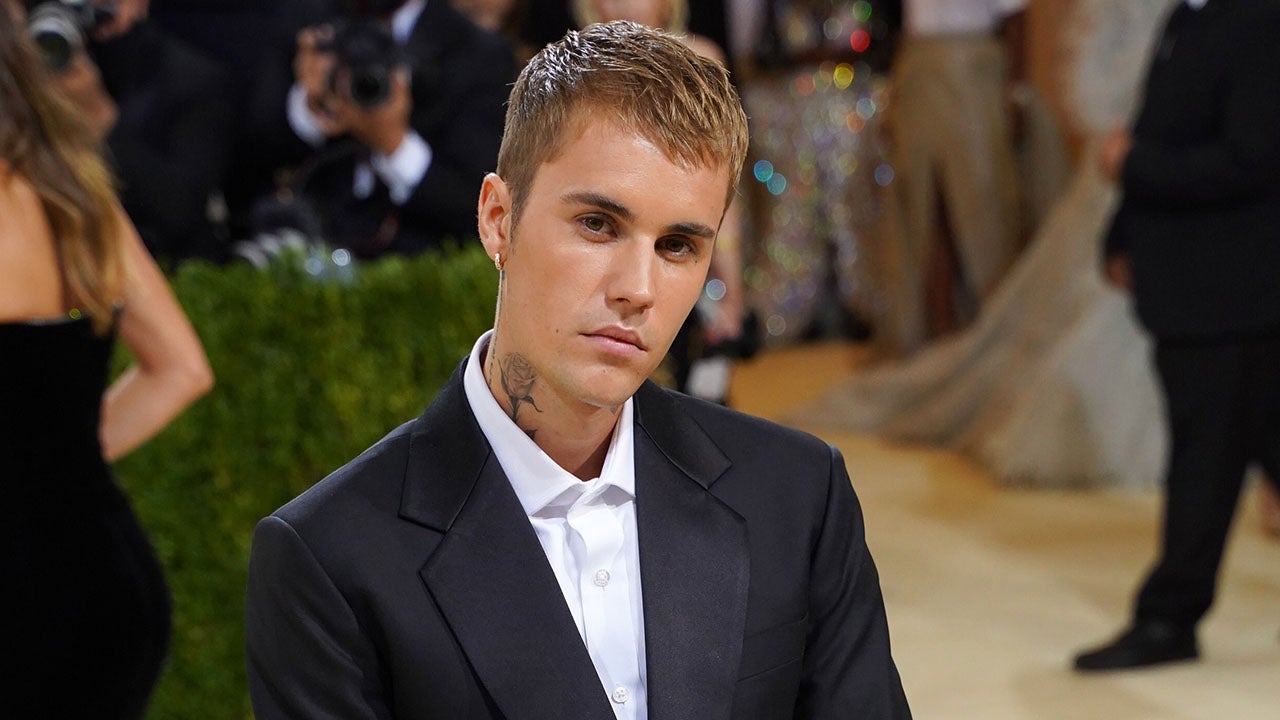








![Run An Ecommerce SEO Audit in 4 Stages [+ Free Workbook]](https://api.backlinko.com/app/uploads/2025/06/ecommerce-seo-audit-featured-image.png)









